
Hackathon
More than 60 secondary school students participated in the hackathons in Saluzzo and Syracuse, both held over four days.
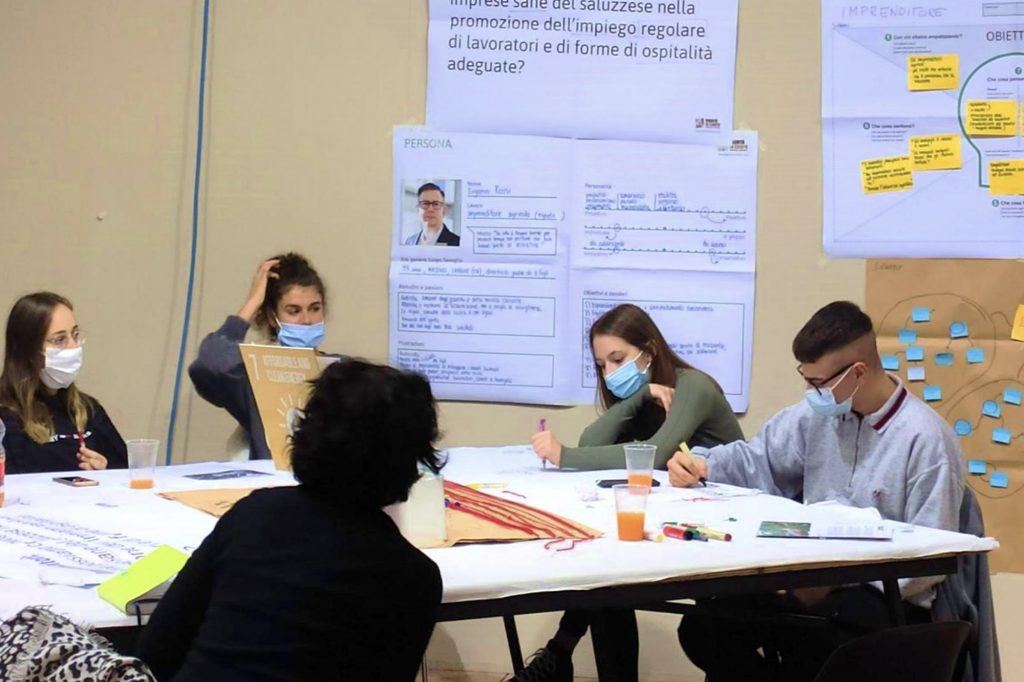
From 7 to 8 October 2020 in Syracuse and 12 to 13 October in Saluzzo, students debated, discussed, and proposed solutions on how to raise awareness about the issue. Their active participation inspired new ideas and research.
Four key points from the hackathons:
- Empower agriculture-based communities;
- Improve the agricultural supply chain;
- Ensure decent working conditions and prevent labour exploitation according to international labour standards;
- Leverage social innovation methods to activate a network of local communities.
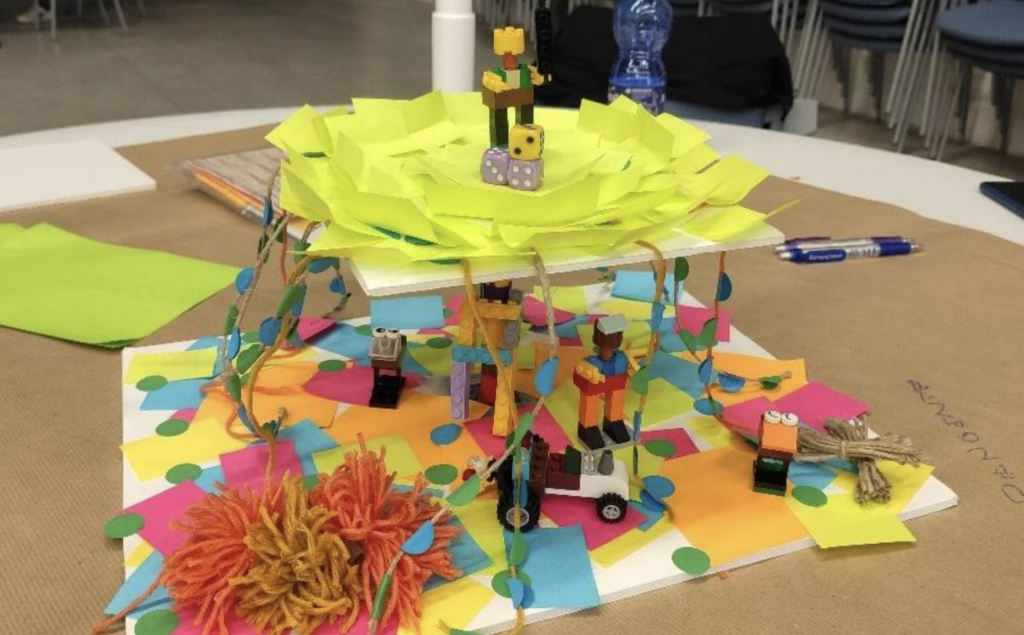
In the hackathons, students completed a design thinking workshop to come up with creative and innovative solutions to complex problems. Five phases of design thinking:
- Identify the problem and define the challenge
- Describe the context using key numbers and stakeholders
- Explore the scenarios and search for innovative solutions
- Conceptualize, prototype, and test
- Finalize, pitch, and implement

At the end of the hackathon, the proposed solutions had a few things in common:
Ethical supply chain
Recognizable labeling would help consumers understand which products are made according to legal, environmental, and ethical standards of work, and support them.
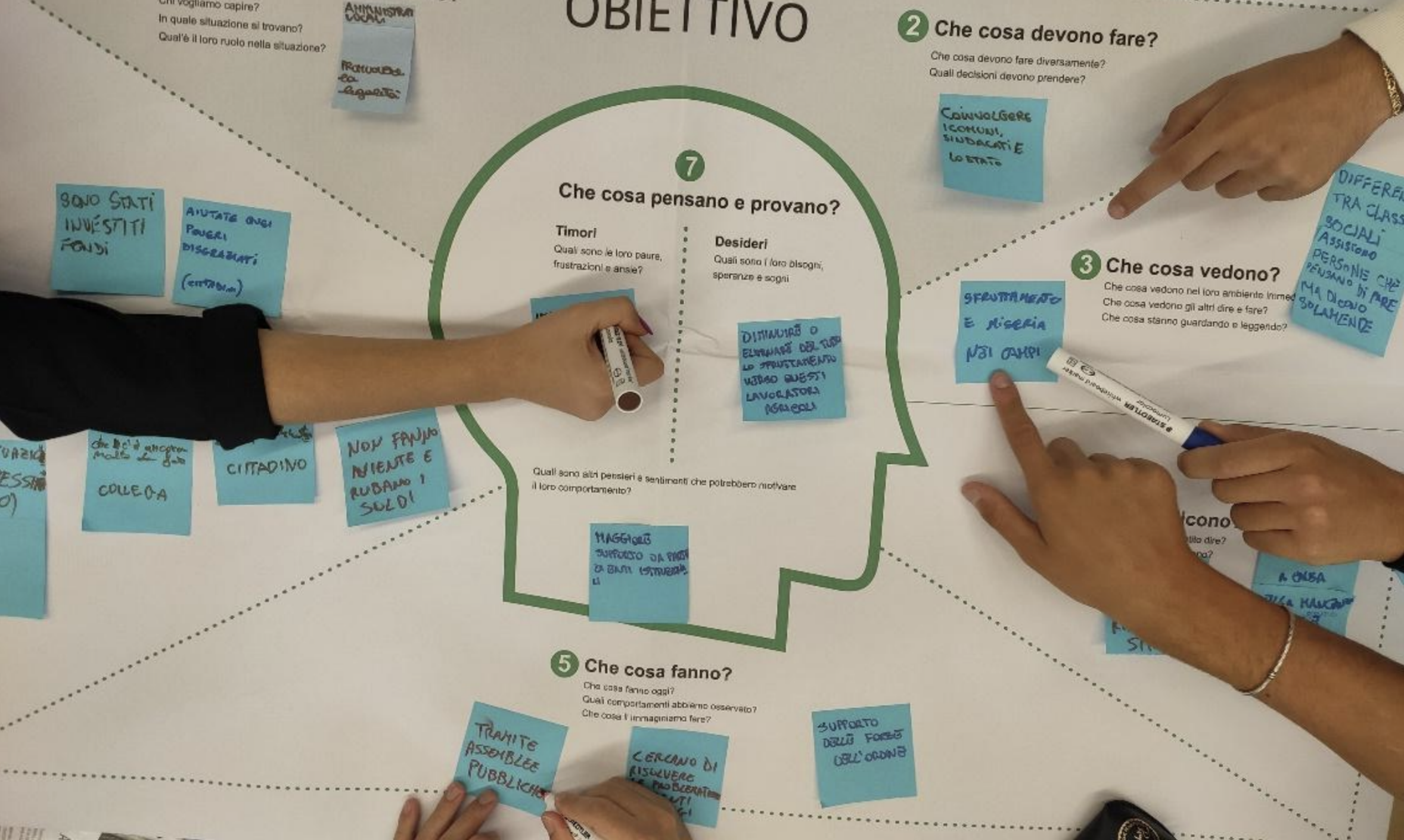
Restoring vacant buildings
National and EU funds could be used to transform vacant buildings into decent accommodations for seasonal workers. This would promote integration and sustainability.
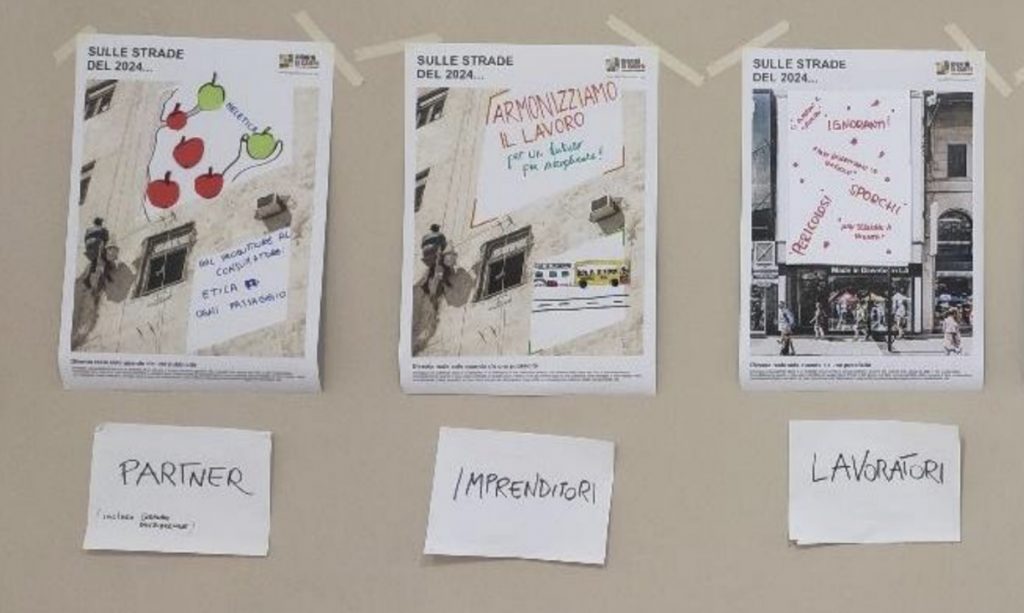
Training programmes for workers and farm owners
Seasonal workers would benefit from learning Italian, as well as subjects like law and economics, to gain economic autonomy. Farm owners would learn about illegal hiring and how to combat it.
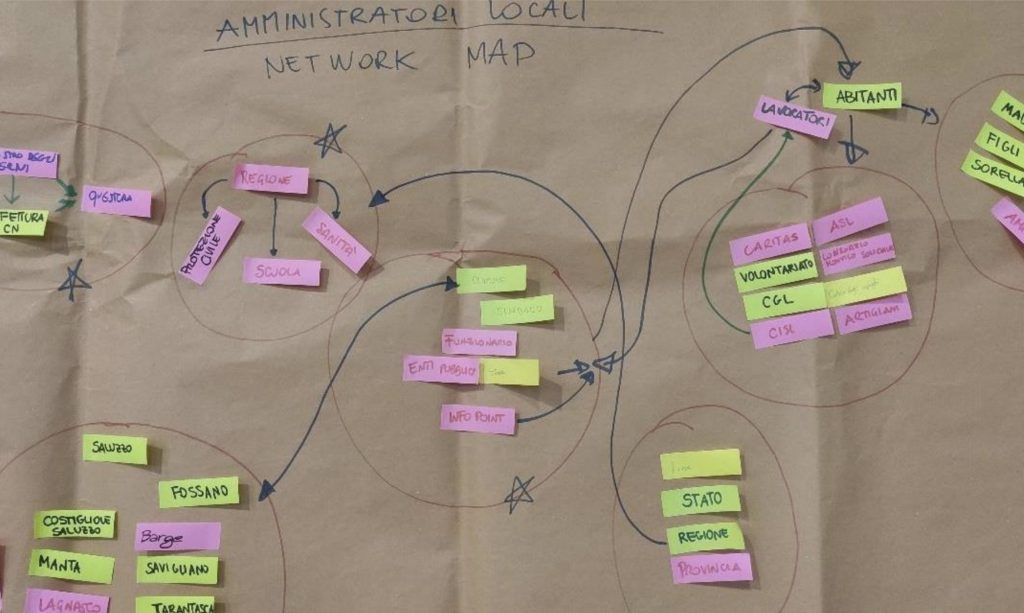
Involving the local community
Social media engagement, live events, groups, and physical meeting points would attract a broad audience, including young people.
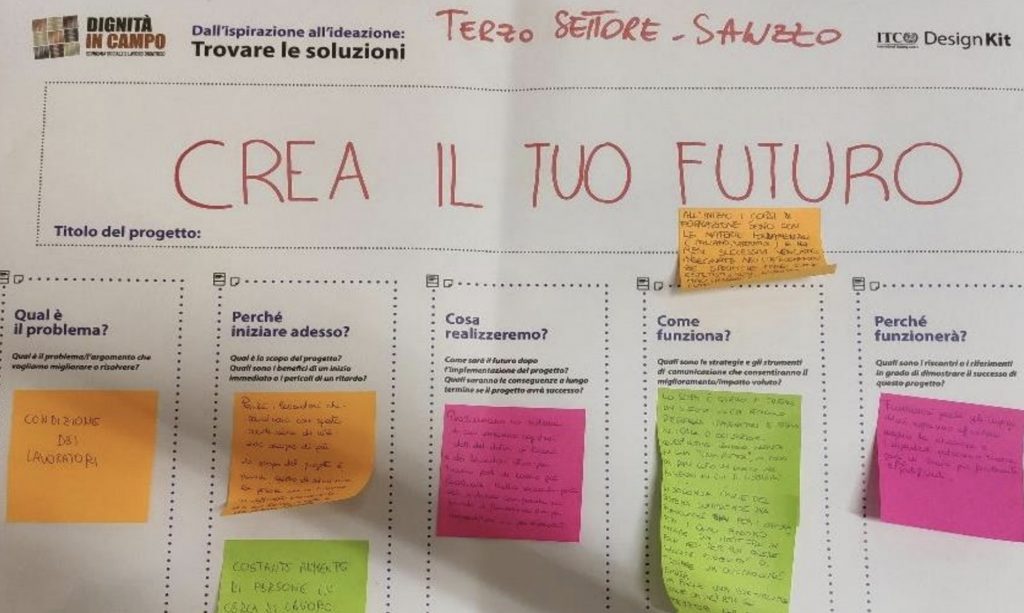
Consulting with social partners
Partners include farm owners, trade unions, civil society, large retailers, local officials, and seasonal workers.

